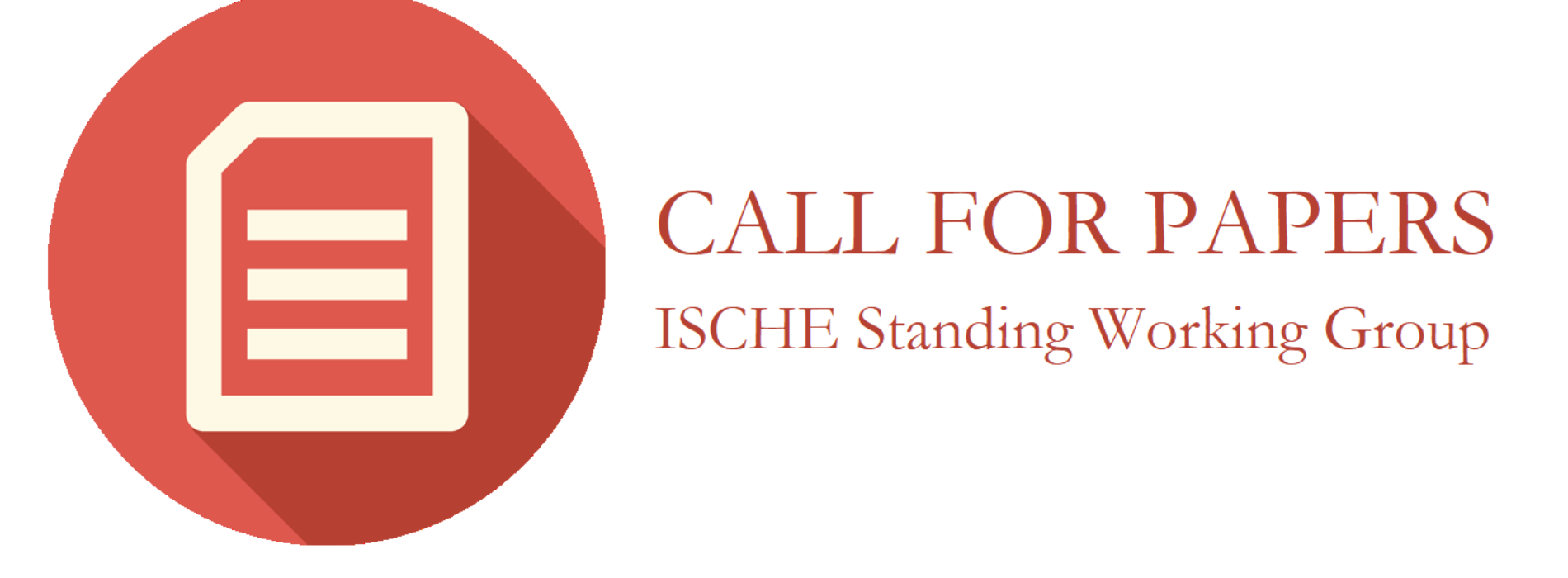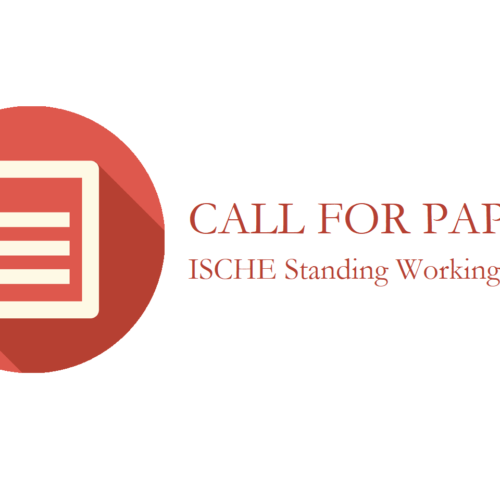Migrants, migration and education SWG invites submissions for ISCHE 41 conference. Deadline: Jan.31, 2019
ISCHE 41 (17 – 20 July 2019) – Porto, Portugal
Migrants, Migration and Education
Deadline: January 31, 2019
Convenors: Kevin Myers, Helen Proctor and Paul J. Ramsey
This SWG aims to consider, debate and discuss how migrants and migration can be written into the history of education; and to promote and develop empirical projects that cast new light on migrants and migration in the history of education. Migration is understood broadly and primarily in terms of cross-cultural movement (Manning, 2005). Migrants traverse cultural boundaries of languages, values, religions, technologies, and educational and political systems. In doing so, migrants facilitate processes of cultural exchange and negotiation that have dynamic and unpredictable outcomes.
At ISCHE 41 the SWG invites papers that consider any aspect of the relationship between migrants, migration and education. This includes papers on any period in history, on any form of migration (e.g. emigration, immigration, colonization, migration to cities, migratory labour, labour migration) and on any kind of formal or informal education. We encourage the participation of graduate students and recent PhDs as well as more-established scholars. For ISCHE 41, our third meeting as a SWG, we are particularly interested in the following themes and topics:
1. Theories, concepts, approaches, methods, sources, new directions. We aim to run one or two sessions in which participants address conceptual and methodological questions for the field. What would a transnational or mobile history of migration and education look like? How might recent and current politics of migration, mobility and national border policing shape our research agendas? What might be the affordances of examining non-human actors in histories of migration and education? What insights do critical race theory, whiteness studies, the ecological and newer traditions in geography, etc. offer to a history of migrants and education?
2. National ‘others’? First Nation, black, tribal and ethnic history writing. How have ethnic histories been constructed? How are they communicated and consumed in a range of different educational spaces and media? What are the consequences of such work for public memory and pluralist conceptions of society?
3. Travelling experts. Akin to other temporary workers, how does it change the field to broaden the definition of migrant to consider the mobilities of people such as academics, civil servants, pedagogues, missionaries, teachers, political activists and students studying abroad?
4. Teachers, community workers and social scientists as cultural mediators. How have teachers and other educators presented, interpreted or acted as cultural mediators? What pedagogical practices have they employed? How should historians critically approach and interpret the work of a previous generation of social scientists working on migration, race and education, such as those who sought to construct frameworks of ‘multiculturalism’ or ‘assimilation’? How have frameworks and practices varied or harmonised across different spatial and political settings.
5. Affect, interiority and autobiography. How has migrant testimony and autobiography been recorded, narrated and presented? What codes, conventions and narratives have been used? What kinds of pedagogical practices has it informed? What do we know or are yet to apprehend about the affective dimensions, such hope and trauma, of various forms of migration?
6. Popular media and culture. In what ways do the popular media and popular culture shape migrants’ experiences? How do these informal educational mechanisms shape the policies and attitudes directed at migrants? To what extent do popular media allow for and facilitate cultural exchange and negotiation?
SUBMISSION INSTRUCTIONS
We look forward to online submissions by January 31 2019. Please note the new procedure for submitting papers for SWGs. All paper submissions for SWGs will be submitted through the conference electronic system by selecting the respective SWG in the Abstracts area.
Proposals should be a maximum of 500 words excluding bibliography. In your abstract please indicate, if applicable, which of our themes or topics you plan to address.
Convenors:
Kevin Myers, University of Birmingham, United Kingdom. k.p.myers@bham.ac.uk
Helen Proctor, University of Sydney, Australia. helen.proctor@sydney.edu.au
Paul J. Ramsey, Eastern Michigan University. USA. pramsey1@emich.edu
About author
You might also like
19th Symposium of School Museums and Collections of Educational History
The symposium will take place from June 28th – 30th 2023, at the Library for the History of Education in Berlin / Germany. The deadline for submissions is January 15th
Migrants, migration and education SWG invites submissions for ISCHE 39 conference. Deadline: Jan. 31, 2017
Migrants, Migration and Education Convenors: Kevin Myers, Helen Proctor and Paul Ramsey This SWG aims to consider, debate and discuss how migrants, and migration, can be written into the
CFP Pre-Conference Workshop ISCHE London (22 July 2014) “History of Education: Mapping the Discipline”
The pre-Workshop for ISCHE London, which will take place on the 22nd of July 2014, aims at discussing and enlarging the research project “History of Education: Mapping the Discipline” that



